Consider a binary operation ∗ on the set {1,2,3,4,5} given by the following
multiplication table
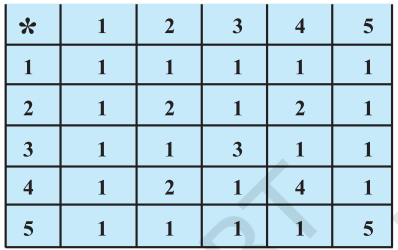 :
:
Compute (2*3)*(4*5)Solution in Punjabi
Step by step video solution for Consider a binary operation ∗ on the set {1, 2, 3, 4, 5} given by the following multiplication table : Compute (2*3)*(4*5) by Maths experts to help you in doubts & scoring excellent marks in Class 12 exams.
Updated on:21/07/2023Topper's Solved these Questions
- RELATIONS AND FUNCTIONBOOK - MODERN PUBLICATIONCHAPTER - RELATIONS AND FUNCTIONEXERCISE - EXAMPLE
212 Videos
- PROBABILITYBOOK - MODERN PUBLICATIONCHAPTER - PROBABILITYEXERCISE - EXERCISE
543 Videos
- RELATIONS AND FUNCTIONSBOOK - MODERN PUBLICATIONCHAPTER - RELATIONS AND FUNCTIONSEXERCISE - EXAMPLE
13 Videos
Similar Questions
Which one of the following graph represents the function of x? Why?
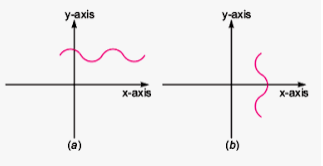
View SolutionCompute P(A∣B),if P(B)=0.5 and P(A∩B)=0.32
View SolutionState the reason for the relation R, in the set {1,2,3} given by R= {(1,2), (2, 1), not to be transitive.
View SolutionWhich of the following are correct chain isomers of butane ? (i)
View SolutionDetermine the point of symmetry of a regular hexagon.
View SolutionDtermine the images of the following figure about the given line :
View SolutionMatch the following Column A to Column B
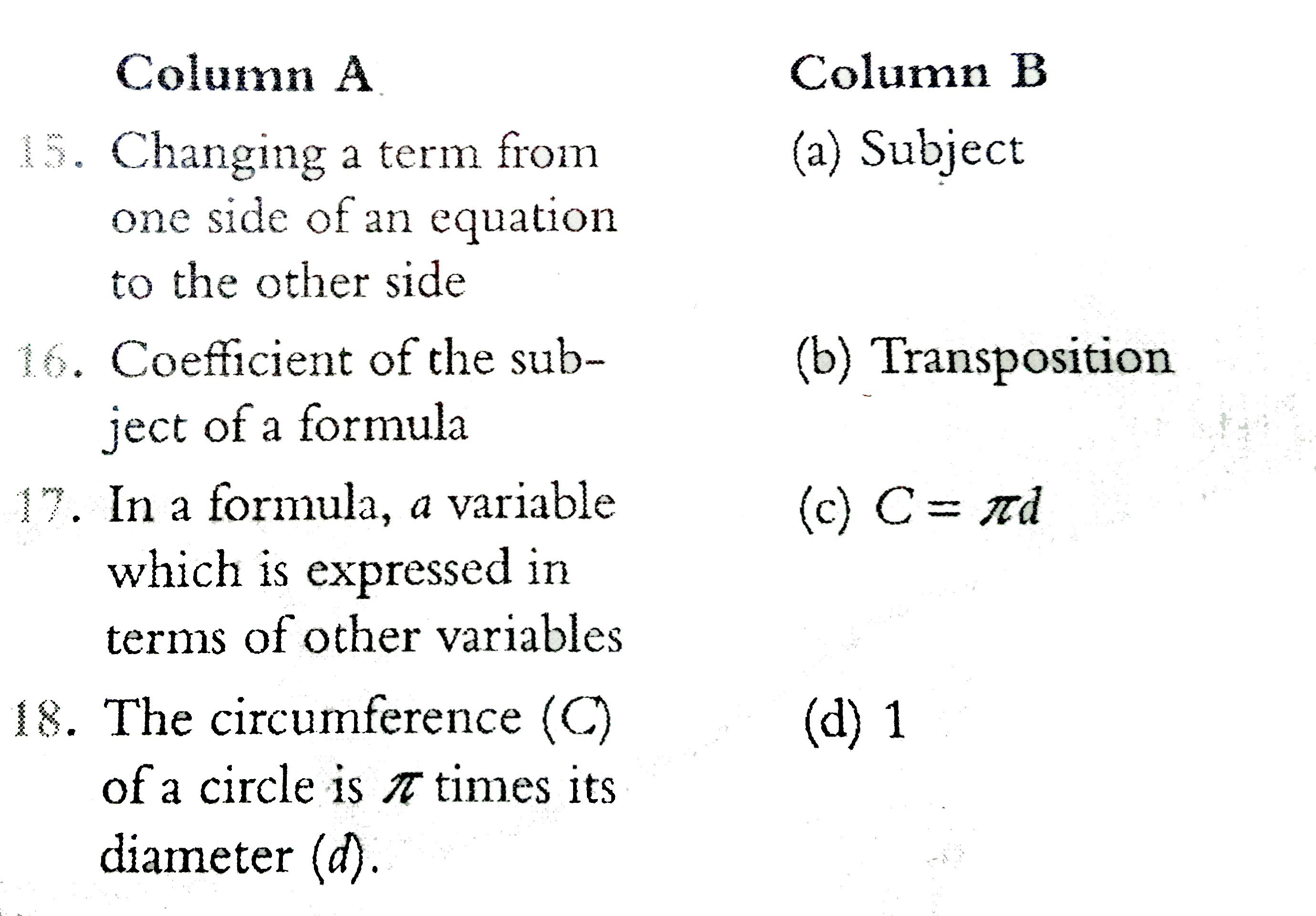
View SolutionMatch the following Column A to Column B
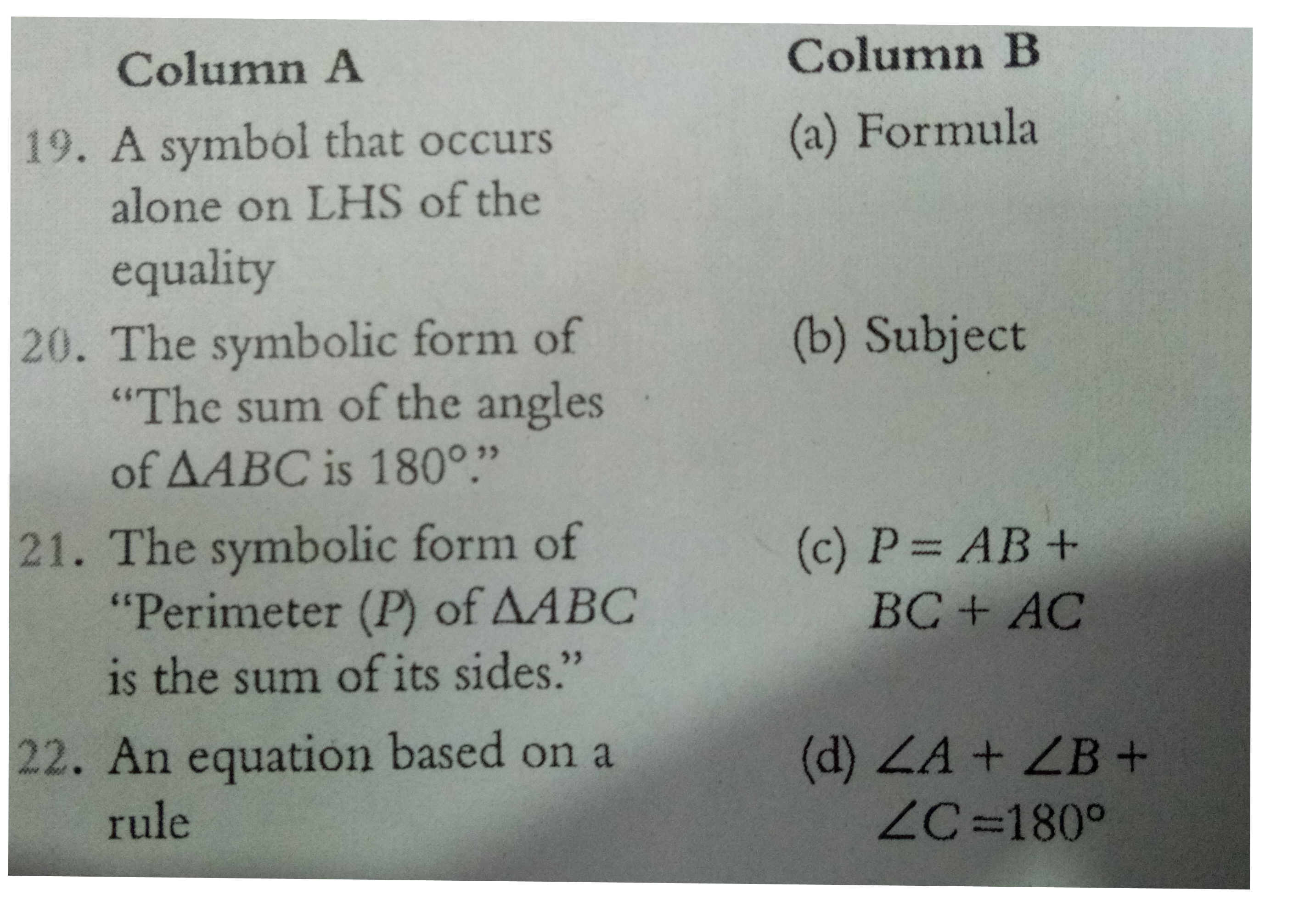
View SolutionMatch the following Column A to Column B
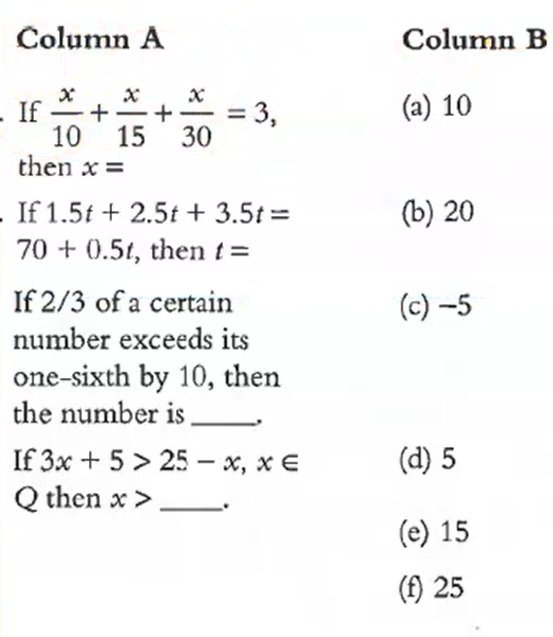
View SolutionFind the area of the figure given below.
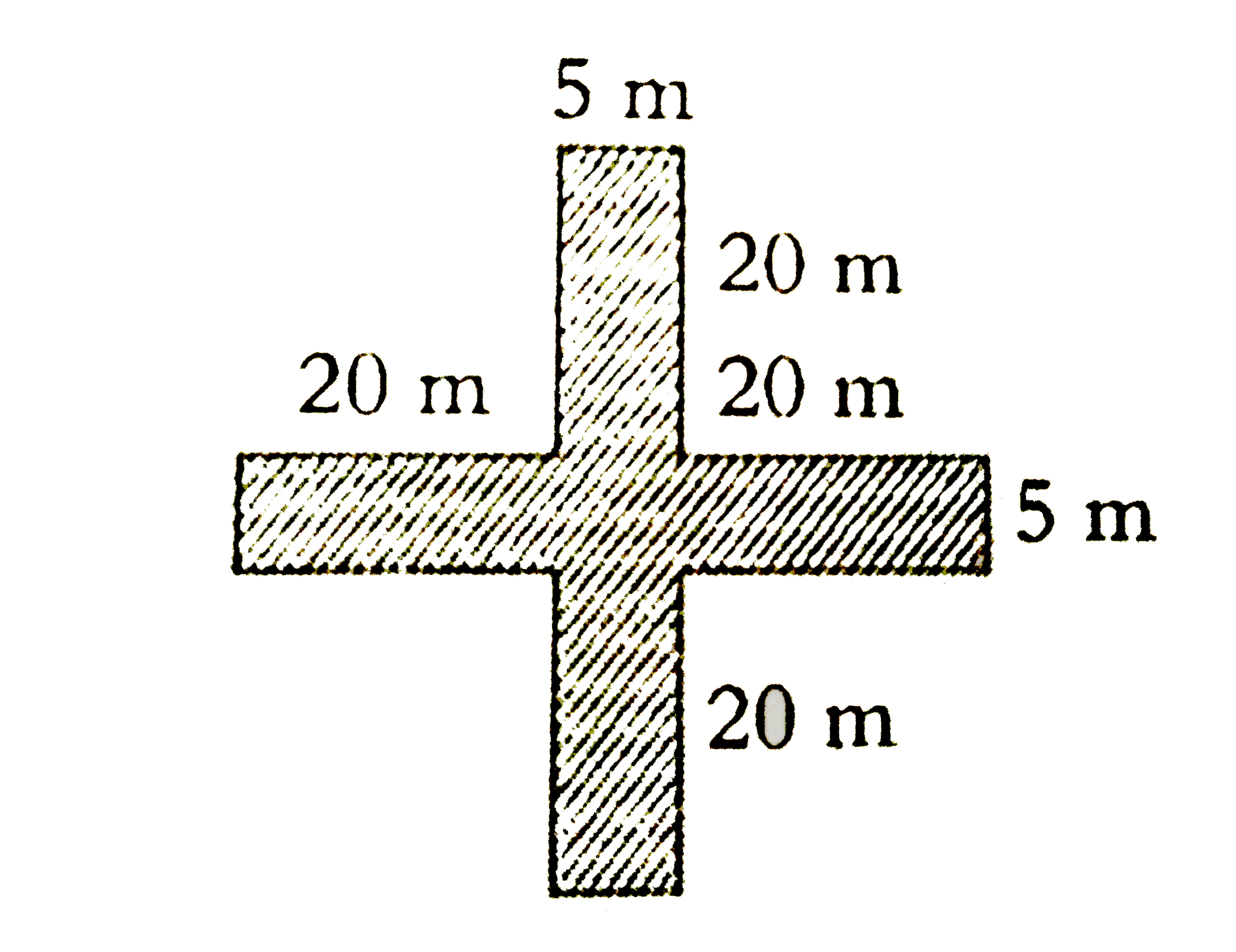
View SolutionThe inequation represented by the graph given below is :
View SolutionThe inequation that best describes the graph given below is _________
View SolutionThe inequation that best describes the following graph is _________
View SolutionWhich inequations represent the shaded region in the given figure
View SolutionConsider a binary operation * on the set {1, 2, 3, 4, 5} given by the following multiplication table Compute (2*3) *4 and 2* (3*4) Is * commutative? (iii) Compute (2*3)*(4*5)
View SolutionConsider a binary operation * on the set {1, 2, 3, 4, 5} given by the following multiplication table (FIGURE) Compute (2*3) *4 and 2* (3*4) Is * commutative? (iii) Compute (2*3)*(4*5)
View Solution
